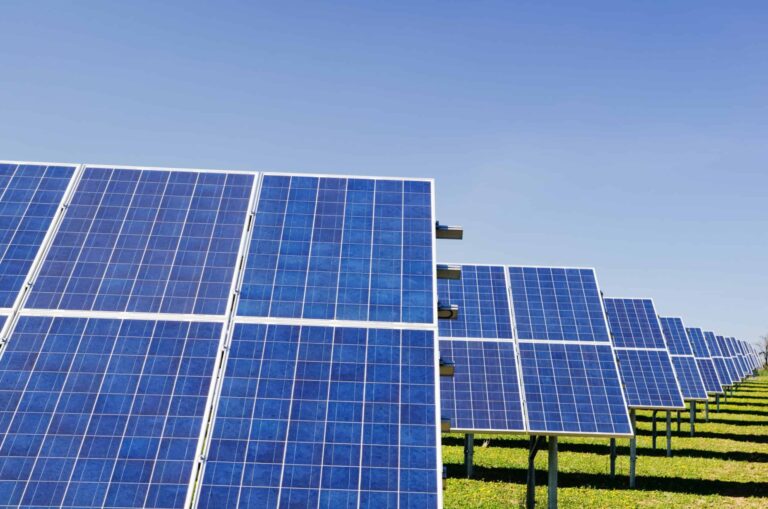The agreement on renewable energy in the European Union has been reached. Negotiating it were the EU Council temporarily chaired by Sweden and the European Parliament.
The plan on renewables is very ambitious and far exceeds the targets that were set in an initial round of negotiations.
Table of Contents
The EU has reached an agreement on renewables: what it includes
Let’s get right to the numbers: 42.5 percent. This is the share of final electricity consumption that will have to be mandatorily covered by renewables. The target is set for 2030, seven years from now.
As things stood, the share of final electricity consumption was 32 percent from 2021. So, the new agreement is significantly more ambitious, but necessary to ensure a rapid energy transition.
The European institutions are extremely pleased with the agreement found. Most of all, German MEP Markus Pieper showed joy over the measure. Who also added, that there will be acceleration of permits to avoid red tape and obstacles that today face applications for new concessions.
In addition, biomass energy production will remain 100 percent renewable. And for buildings, renewables are expected to contribute 49 percent of the energy used.
The transportation sector and renewables
The agreement will also touch on the transport sector, which can contribute extremely significantly to the energy and ecological transition.
In the case of transport there is an aut aut: increase or reduce. EU countries will have to choose a strategy for the transport sector between the two proposals. Either reach 29 percent renewables share in final energy consumption. Or, reduce greenhouse gas intensity by 14.5 percent through the use of renewables.
Renewables will have to contribute at least 5.5 percent of advanced biofuels and renewable fuels of non-biological origin to the sector’s consumption. The renewable count also includes low-emission hydrogen, but this will encounter limitations.
The comments from European politicians
The first to comment positively on the agreement reached on renewables was Roberta Metsola. The chairwoman of the European Parliament wrote on Twitter:
More renewable energy. More energy sovereignty. Less greenhouse gases. Faster green transition.
Metsola then congratulated MEP Pieper, the European Parliament’s negotiating team, and the Swedish presidency of the Council of the European Union.
Positive views also came from Kadri Simson, European Commissioner for Energy, who, also on Twitter, wrote:
I welcome the provisional agreement with Parliament and Council on a strengthened set of renewable energy rules. We have reached an ambitious compromise. The new renewables directive is an important step in the realization of the Green Deal and RePower Eu.












